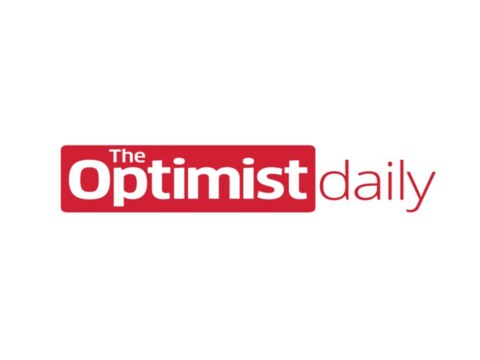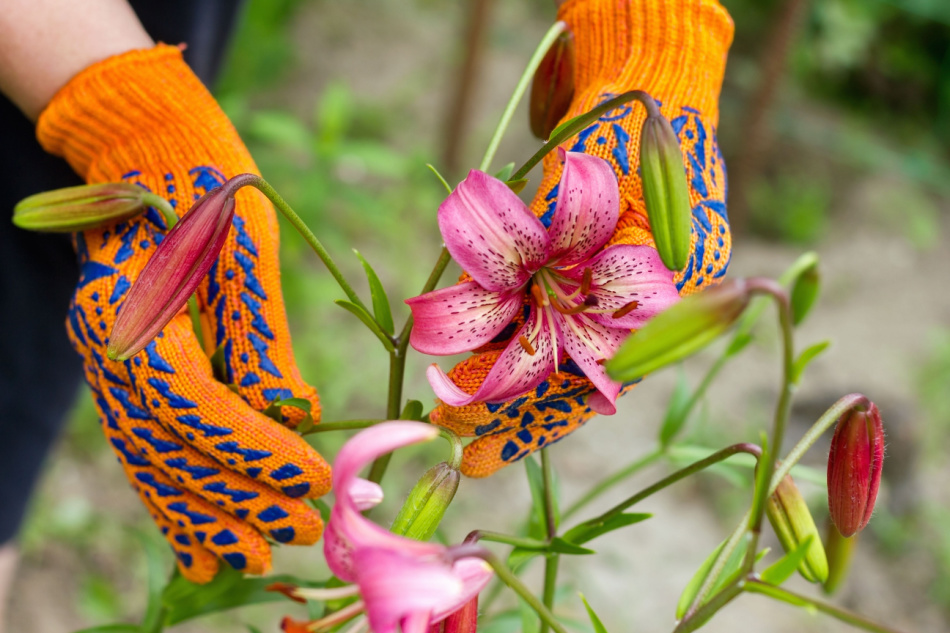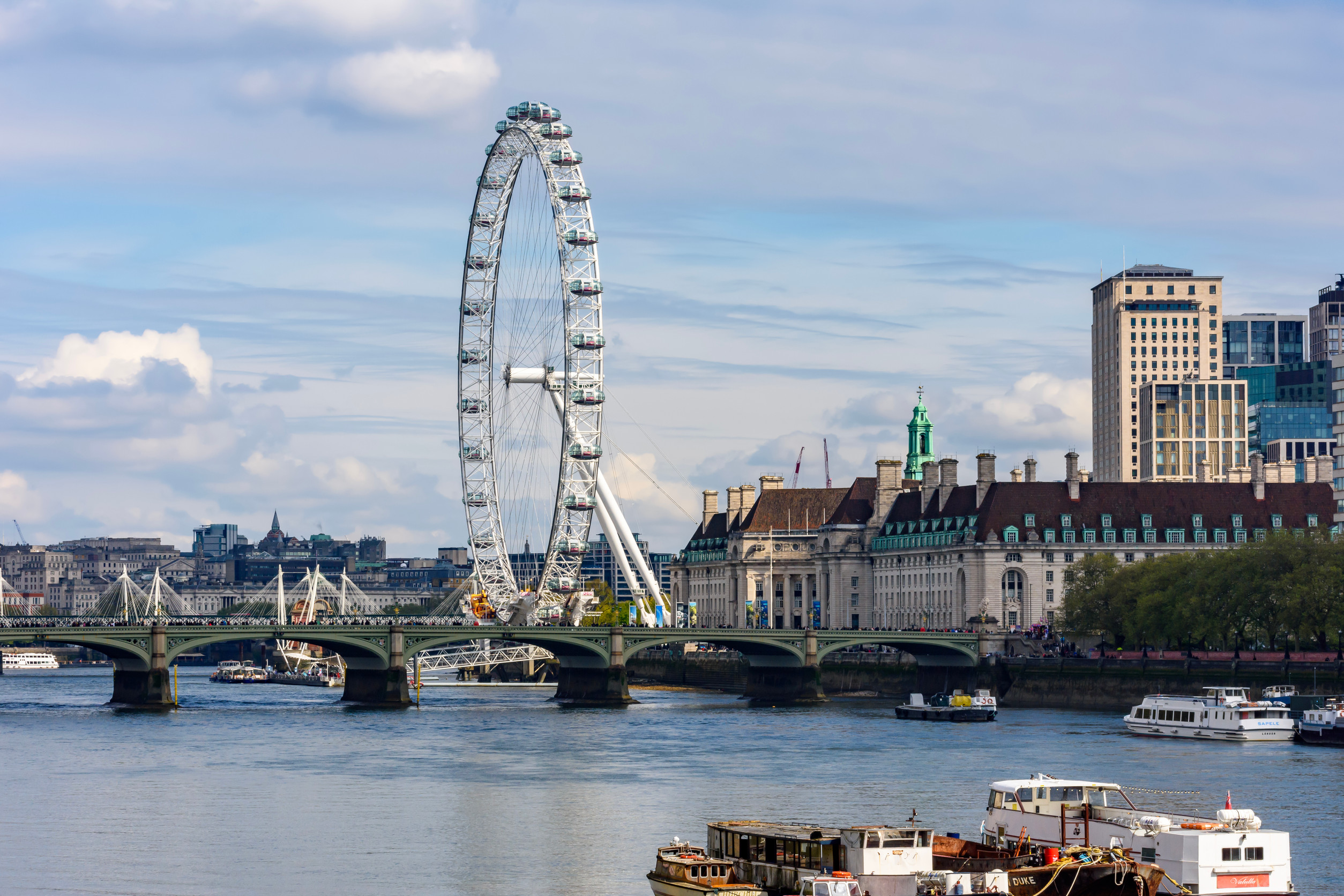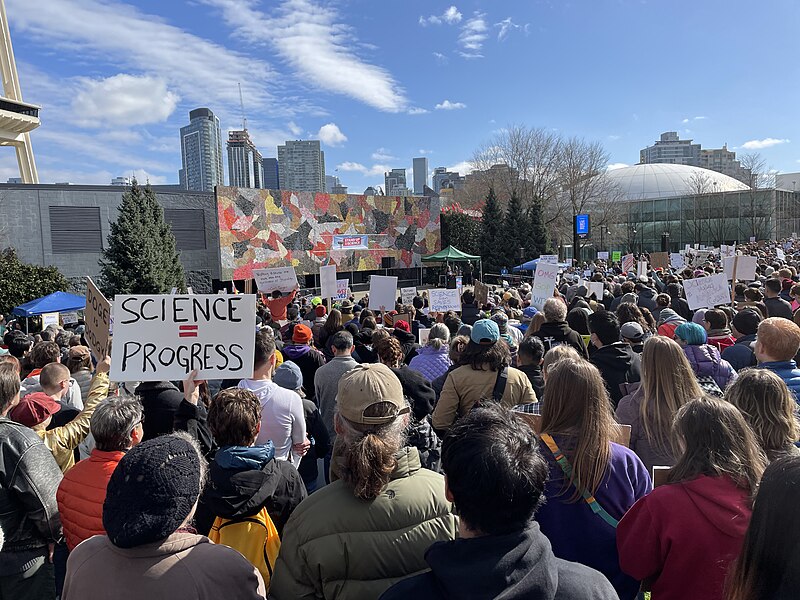Abd al Malik embraced rap as a way to channel his frustration, tell his story and critique society.
Carmel Wroth | April 2009 issue

French rapper Abd al Malik has no trouble explaining why young men in the French ghettos usually celebrate New Year’s Eve by torching cars. “When you live in a country that acts like you don’t exist, you want to be recognized,” he says. “It’s like someone who contemplates suicide because he wants to say, ‘Hello, I am here!’”
Growing up in the Neuhof housing project outside of Strasbourg in northeastern France, Abd al Malik had his own way of getting recognition. He lived a double life as a straight “A” student and a thief and drug dealer. But as he watched many of his contemporaries unravel from addiction or lose their lives to violence, he channeled his own anger into music and is now one of France’s most successful rappers. His music is an authentic call for tolerance across cultural divides, distilled from his experience as a minority youth in French society and his journey from extremist Islam to mysticism.
Abd al Malik’s music and France’s rap culture were both born in the context of widespread racism and xenophobia. “It was like you had the good French and the bad French,” Abd al Malik says of his experience growing up as the son of Congolese immigrants. “When I was at school, politicians would say, ‘We are all French.’ But I never saw a black man on television. I never saw a black politician.” French rappers denounced the lack of opportunity for children of immigrants and the climate of poverty and crime in which they lived.
Youth employment is low in France—less than 25 percent of 15- to 24-year-olds have work—and for children of immigrants, it’s even harder to find a job. Discrimination against those with foreign- or Muslim-sounding names is common, according to the Organization for Economic Co-operation and Development. Young immigrants in the ghettos complain of widespread police harassment, too. Inevitably, as rap grew in popularity in the 1990s, it was criticized as glamorizing violence and heightening racial tension.
In 1989, when he was 14, Abd al Malik embraced rap as a way to channel his frustration, to tell his story and to critique society. He joined with his brother and a group of friends to create New African Poets, or NAP. He was inspired by American rap of the 1980s, especially such politically conscious rappers as Chuck D of Public Enemy, Grandmaster Flash and Big Daddy Kane, whom Abd al Malik calls “my Bob Dylan.” Abd al Malik was also enamored of the Black Power movement, and he idolized Malcolm X as a black Muslim champion against injustice. For Abd al Malik as for many immigrant youth in France, Islam offered an alternate, defiant identity.
Abd al Malik converted to Islam when he was 15. Though he’d been moved by Malcolm X’s vision of Islam as a unifying tradition, he was quickly caught up in an extremist form of the religion that he says offered “a black-and-white vision.” His new teachers preached obedience to a fixed set of rules of behavior, including restrictions on dating or even on shaking hands with women. For a few years, Abd al Malik accompanied a group of street preachers who traveled the country cajoling young men to go to the mosque, grow their beards long and give up liquor and drugs. The Muslim teachings popular in the French ghetto weren’t explicitly violent, says Abd al Malik, but they encouraged young immigrants to scorn everything Western, secular and modern, thus deepening their sense of alienation.
As a teenager, Abd al Malik couldn’t reconcile the contradictions of his new identity. His faith was as zealous and genuine as his passion for rap, an art his religion condemned. He remained caught up in a painful paradox for years, made worse because the means he had to finance his musical efforts—drug dealing and petty crime—were also irreligious. One day, at his lowest point, he went to a local crime leader and asked for a loan. Later, alone in his apartment clutching a garbage bag full of money, he sat and wept.
This inner turmoil drove Abd al Malik to seek a deeper understanding of his faith. He found answers in Sufism, the contemplative, mystical branch of Islam. He met a North African spiritual teacher who taught him that the heart of his religion was love and awareness of the spiritual nature of every human being. “Islam is a religion of love,” Abd al Malik says. “It is being in peace with yourself and with others. The Islam of the ghetto is a ghetto of Islam. It is not the true Islam.”
This shift also broadened his views on rap and the role of art. He began to write songs for his new solo albums that advocated understanding among races. One song, “12 Septembre 2001,” is a plea for the separation of politics and religion; another, “God Bless France,” describes his personal evolution from resentment to patriotism. “In music as in life, I decided … to simply translate the language of the heart,” he writes in his autobiography, Sufi Rapper. Click here for an excerpt. He also left behind his hard-core rap roots and began to collaborate with a range of musicians to develop a new sound that mixes jazz, chanson and the aesthetic of slam poetry.
Other French rappers continue to produce angry music; some have been accused of inciting violence after an incident in 2005 when the death of a Muslim youth pursued by police sparked weeks of rioting. Instead of criticizing the French system, Abd al Malik encourages the country to live up to its democratic ideals. “When you live in France, you can think how you want to think,” he says. “I’m proud of being French.” At every gig, he speaks out about the need for understanding between religious and ethnic groups. “The concepts of liberty, equality, fraternity—that’s the concept of our country. I am working to make this not only a concept but real life.”
His message is timely. Last year, French President Nicolas Sarkozy appointed an Algerian immigrant, Yazid Sabeg, as commissioner for diversity and equality to increase minority representation in the media, government and elite schools. In January, Sabeg warned that France’s social divisions were growing worse. But Abd al Malik’s audience seems poised for change. The rapper’s most recent album, Dante, tops the French charts; his concerts routinely sell out; and in 2008 he was named Chevalier des Arts et des Lettres, one of France’s highest cultural accolades. “When I’m at a concert and I see black people, white people, people from the ghetto, people from the bourgeoisie, for me it’s a beautiful thing,” says Abd al Malik. “People need this kind of music right now.”
Carmel Wroth is part of Ode’s editorial team and listens to a wide variety of music styles, from bhangra to blues.











